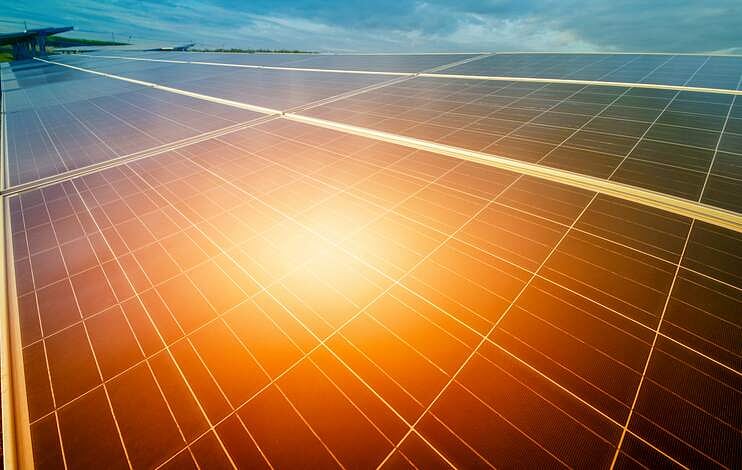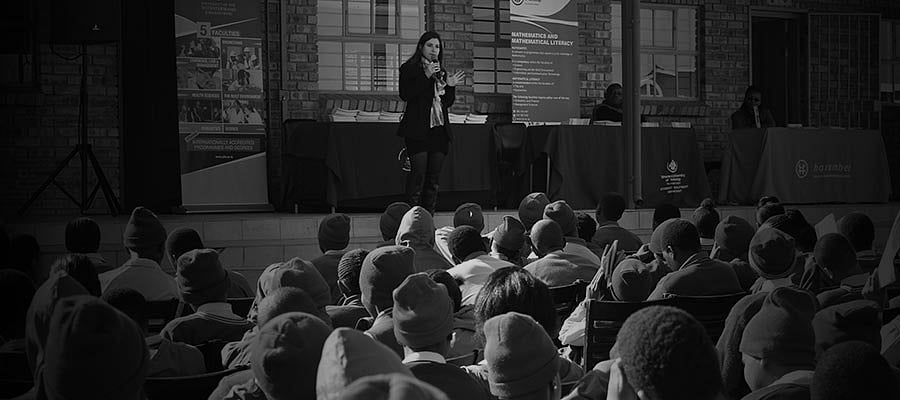Are you confused about how to correctly insure your client’s solar panel system?
health-and-home
Are you confused about how to correctly insure your client’s solar panel system?
Many South Africans have reverted to alternative energy sources to overcome the constant effects of load shedding. It is reported that South African households have tripled their spending on solar imports in 2023.
With innovations flooding the market, there seems to be confusion as to what needs to be insured in addition to, or which assets are automatically covered from a short-term insurance perspective.
Homeowners Insurance and Solar Panels
Homeowners or building insurance typically covers the physical structure of the home and its permanent fixtures and fittings against risks like fire, storm, and theft. Solar panels and fixed generators attached to the property usually fall under this cover. This means that these “fixtures” need not be specified separately. However, it’s important to adjust the sum insured accordingly.
Ensuring Adequate Cover
To fully cover your client’s solar system against typical building risks, make sure the sum insured reflects the system’s replacement value. Inadequate coverage means insufficient compensation in the event of a loss and will result in your client not being able to replace the system in the event of theft, fire or other events.
Other Considerations
1. Weather Considerations: In areas prone to extreme weather, ensure higher coverage for potential damages.
2. Correct Policy: If the client plans to move their solar panels in the future, or in cases where the solar panels are not permanent fixtures to the home, insure them under the home contents section.
3. Comprehensive Details: The client is required to insure the system as a whole, providing full details and documentation of the components installed.
4. Installation Requirements: Solar systems must be installed by accredited professionals to ensure claim readiness. Ideally, installers should be experienced, and have liability coverage, product liability, and protection against defective workmanship.
5. Non-fixed devices: If a device is not fixed – like an inverter or UPS, it would be insured under Home Contents cover. These devices do not need to be specified but the overall total sum insured should be reviewed to ensure it is sufficient to cover the replacement of the items.
Tips to Ensure Solar System Safety
· Maintain Clear Surroundings: Ensure that the area surrounding the solar inverter system is free from clutter and highly flammable materials to reduce the risk of fire.
· Store Batteries Safely: Store batteries in a designated area that is well-ventilated, away from any potential ignition sources, and follow manufacturer guidelines for safe storage.
· Fire Alarm Installation: Install fire alarms in the vicinity of the solar inverter system to provide early detection of any potential fire incidents.
· Fire Extinguishers: Ensure the presence of appropriate fire extinguishers, that are appropriate for the type of installation (consult your installer)
· Regular Inspection and Maintenance: Schedule regular inspections and maintenance by a qualified electrician to identify any signs of wear, damage, or potential fire risks.
· Stay Informed on Safety Measures: Stay updated on safety guidelines and best practices related to solar inverter systems to stay proactive in reducing risks and addressing potential issues.
Proper insurance and safety measures ensure that your client’s investment in solar is protected. For more information please speak to your Auto & General Broker Consultant.








